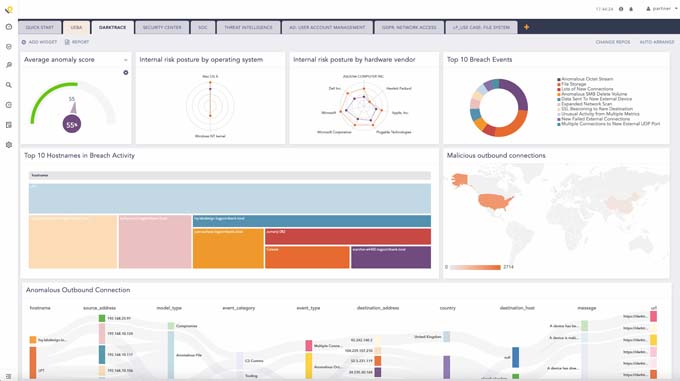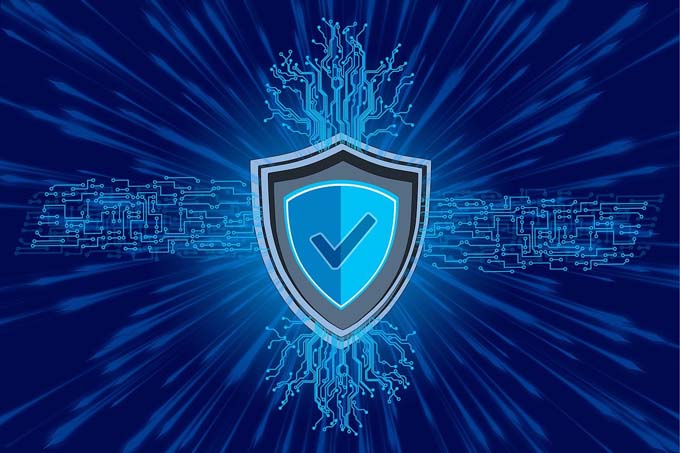Take ad hoc action plans against threat of cyberattacks
The current fighting in Ukraine is not only taking place on the field. Fueled by economic sanctions against Russia, the war is also raging in cyberspace. For many companies, this means they should now take ad hoc action plans against cyberattacks.

After the number and frequency of cyberattacks against organizations and companies has grown very strongly in recent months, the threat situation is likely to intensify further in the coming weeks and months. This is because the sanctions that Western countries have hit and are likely to hit Russia are not likely to be without consequences. "There is a great danger that Russia will take measures against the Western states for its part," warns Bettina Zimmermann, crisis manager and CEO of GU Sicherheit & Partner AG in Wil/SG. According to security experts, cyber attacks are also likely to be increasingly directed against critical infrastructures. However, the NCSC - as of March 1, 2022 - currently sees no increase in threatening activities in cyberspace that directly affect our country. However, untargeted attacks that arise as a side effect of cyber operations surrounding the Ukraine war are possible, it says. Nevertheless, security experts recommend that companies update their action plans against the threat of cyberattacks.
Counterattacks by hackers
In particular, companies and organizations that are not equipped with advanced protection against massive cyberattacks become easily surmountable targets for hackers. Hybrid warfare by Russia in Ukraine is a fire accelerant for additional hacking attacks, according to cybersecurity experts. In the process, waves of hacker attacks of all kinds, as an asymmetric response to anti-war embargoes by the West, can threaten not only companies counted as critical infrastructure, but potentially all companies with little or no preparation. "The threat situation is expected to intensify in the coming days and weeks," fears André Tauber, CEO of IT security service provider Connectware. "One reason for this will be the expected counterattacks by hackers aimed at retaliating against the sanctions imposed by the EU, USA and other Western countries." Now that Switzerland has also joined these sanctions, the risk of being targeted by actions from cyberspace is increasing in this country as well.

Ad hoc action plans in five steps
Bettina Zimmermann therefore recommends that companies review and optimize their cybersecurity now. IT security service providers such as the aforementioned Connectware suggest implementing action plans that include the following steps:
- Make employees aware not to click on links or attachments that are suspicious
- Check firewall policies and possibly make more restrictive settings
- Create backups of the systems
- Perform vulnerability scan and close security gaps
- Monitor the IT infrastructure and check for anomalies to detect attacks
Threats from cyberspace are now considered by companies to be the Top risks counted. But not only that: Companies are also particularly afraid of production downtimes, as the latest Allianz Risk Barometer found, for example. This is why business continuity management is becoming even more important. It is therefore recommended not only to make action plans for cyber defense, but also to review contingency plans in case of failure of business-critical processes. And: "Think in terms of worst-case scenarios, then you will be well prepared for less bad things," says crisis manager Bettina Zimmermann.
Sources:
GU Security & Partner
Connectware









